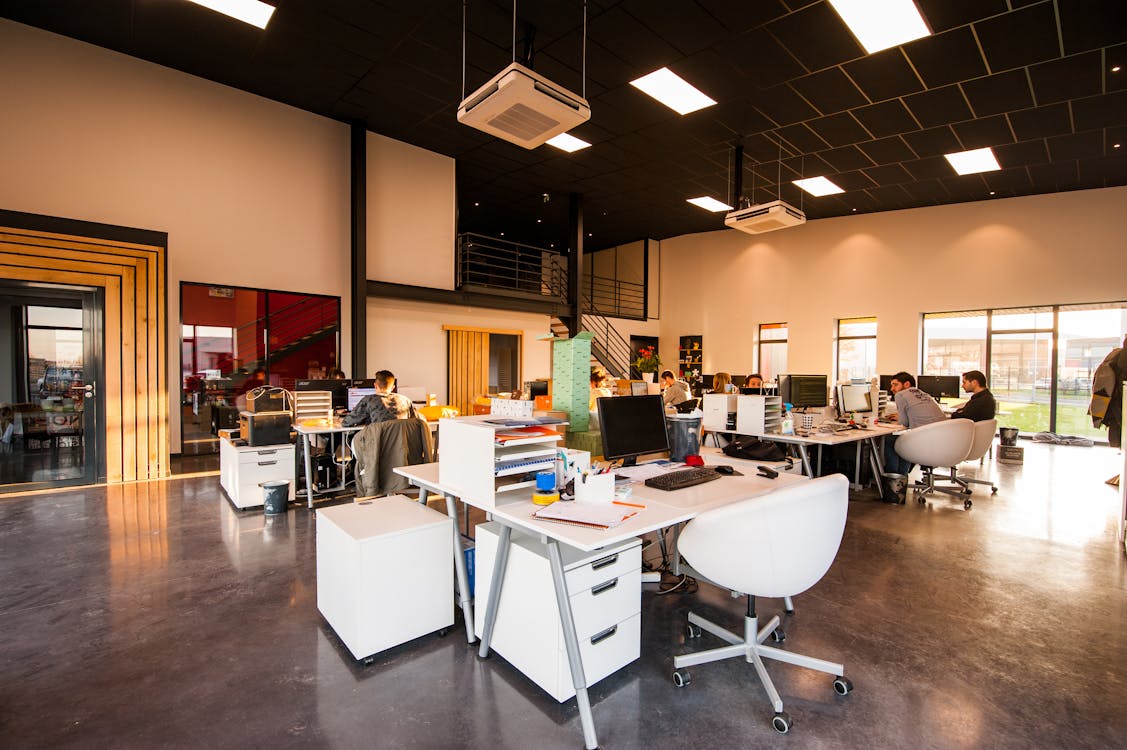How Many of These Emergency Preparedness Tools Does Your Office Have?

Employee safety is paramount regardless of the size of your company or industry. While the possibility of an emergency might be downplayed in the small, humble office, there’s still potential for disaster — like a fire or a severe weather event — where you and your team members are required to either evacuate the building or to shelter in place.
The following is a list of key emergency preparedness tools that every office should consider keeping in supply so that you can keep yourself, your team members, the public, and your business as safe and as secure as possible in the event of a disaster.
Fire Extinguishers for Different Materials
While it’s mandatory for office buildings to have fire extinguishers — and they should be checked by building management regularly — cast a second eye over the inspection date and expiry date.
An extinguisher is your first defence should a fire break out. While working smoke detectors will alert you to the fire; having a suitable extinguisher onsite will allow you to control small flames until help arrives. Further, an extinguisher may help you and your team escape an area by clearing a temporary path.
Not all extinguishers are made the same. Extinguishers are classed based on the materials they extinguish. For example, some extinguishers are designed to smother fires consisting of paper, garbage, and textiles — making them best suited to office environments. However, if your office has combustibles or a high-traffic kitchen, different categories of extinguisher might be required.
Evacuation Chairs
Key preparedness tools for those with mobility challenges are evacuation chairs for emergencies. An evacuation chair will allow seniors, pregnant people, people with disabilities, those with mobility tools, and injured persons to be safely transported down staircases in the event of an emergency, when power may have shut down, rendering elevators immobile.
First Aid Kits
First aid kits often include band-aids, rubbing alcohol, and bandages or gauze (among others). To create an all-inclusive first aid kit, identify any potential hazards and factor in the number of employees.
Not only should your office have a comprehensive, well-stocked first aid kit, but it should also be inspected monthly to ensure supplies are still in-date (some supplies will be compromised if they’re expired), and that everything is clean and in abundant supply.
An Emergency Preparedness Kit
In some emergencies — like extreme weather events — it may take response units some time to reach your building. Having some supplies on hand will keep team members comfortable and safe. Items for consideration in your emergency preparedness kit include:
- Canned food and a can opener.
- Jugs of water for consumption and sanitation. The Centers for Disease Control and Prevention (CDC) recommend you stock one gallon of water per person, per day, for three days at least.
- Water purification tablets.
- Energy bars, nuts, and dried fruit.
- Flashlights with batteries.
- A crank radio or a battery-powered radio.
- A whistle.
- Emergency blankets or sleeping bags.
- Hand sanitizer.
In addition to the office supplies above, suggest that team members keep a spare set of clothes and travel toiletries in their desk or locker.
Take Away
These are just a few emergency preparedness tools that your office should keep on hand to ensure the safety of employees and clients alike. A carefully considered emergency response plan also means having a supporting map with these tools and their precise locations listed.








